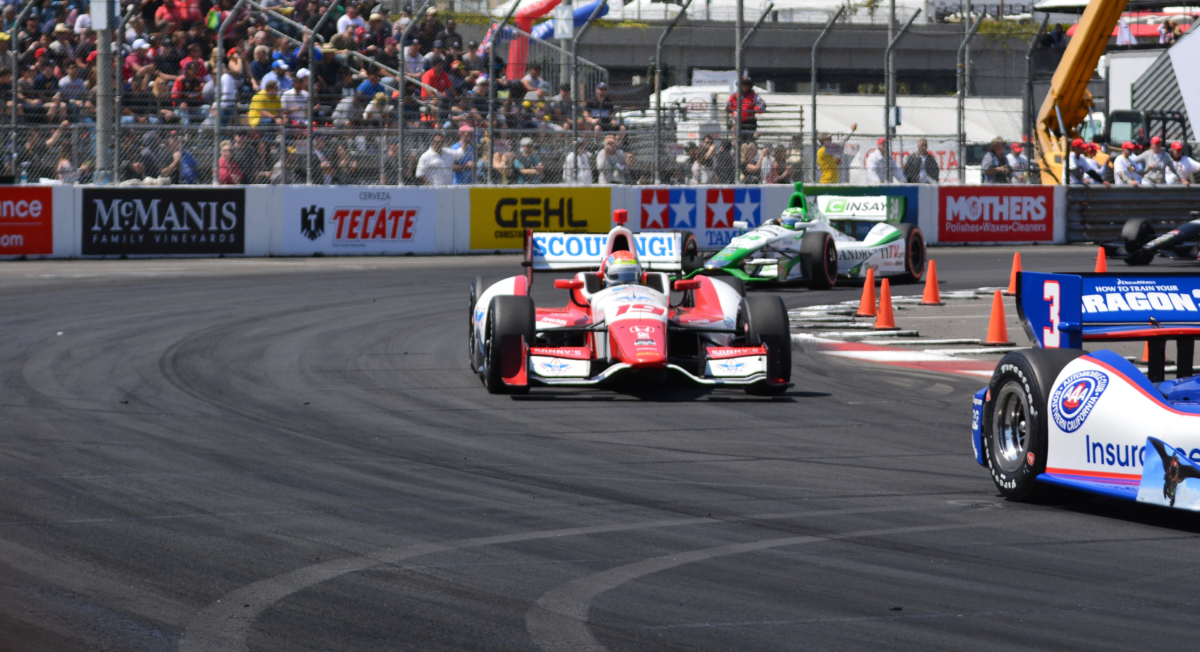In the vast and intricate world of motorsports, the science behind vehicle construction plays a critical role in determining a team’s success. Central to this is the use of motorsport composites, a term that refers to a range of advanced materials used in the manufacturing of high-performance racing vehicles.
Motorsport composites are not a new concept. However, their importance and the sophistication of their application have grown significantly in recent decades. Today, these composites form an essential component of virtually every Formula 1 vehicle, from the bodywork and the chassis to the engine and the braking systems. They are the unsung heroes of the racetrack, enabling the incredible feats of speed and precision that define the sport.
The Role of Motorsport Composites in Formula 1
On the surface, Formula 1 might seem all about the drivers. However, beneath the surface, there’s a world of science and technology, where motorsport composites play a pivotal role. They are integral to the design and performance of Formula 1 cars, contributing to their speed, safety, and efficiency.
The unique challenges of Formula 1 racing require materials that are not just strong and light, but also able to withstand intense heat, forces, and pressure. They provide the perfect balance of strength, weight, and durability, allowing teams to push the boundaries of what is possible on the racetrack.
Improved Performance
One of the ways in which motorsport composites improve performance is by reducing weight. A lighter car is a faster car, and in the world of Formula 1, every gram counts. By using composites like carbon fibre, teams can build cars that are significantly lighter than those made with traditional materials, without sacrificing strength or durability.
Motorsport composites also provide superior heat resistance. This is crucial in Formula 1, where engines and brakes generate intense heat. Composites can withstand this heat without degrading, ensuring that these components continue to function optimally throughout a race.
Moreover, the versatility of composites allows for more innovative and aerodynamic car designs. They can be moulded into complex shapes, enabling teams to fine-tune the aerodynamics of their cars to maximise speed and efficiency. This design flexibility, coupled with the strength and lightness of composites, provides a significant performance advantage in Formula 1 racing.
How Freeform Technology can help
Freeform Technology is renowned for its innovative approach to manufacturing. We have been working in the motorsport industry for over a decade creating lightweight, durable and highly efficient composites. We work with all our clients to fully understand their requirements before starting on a project, this way you can be rest assured that your project will meet your exact standards. Get started with us today.

